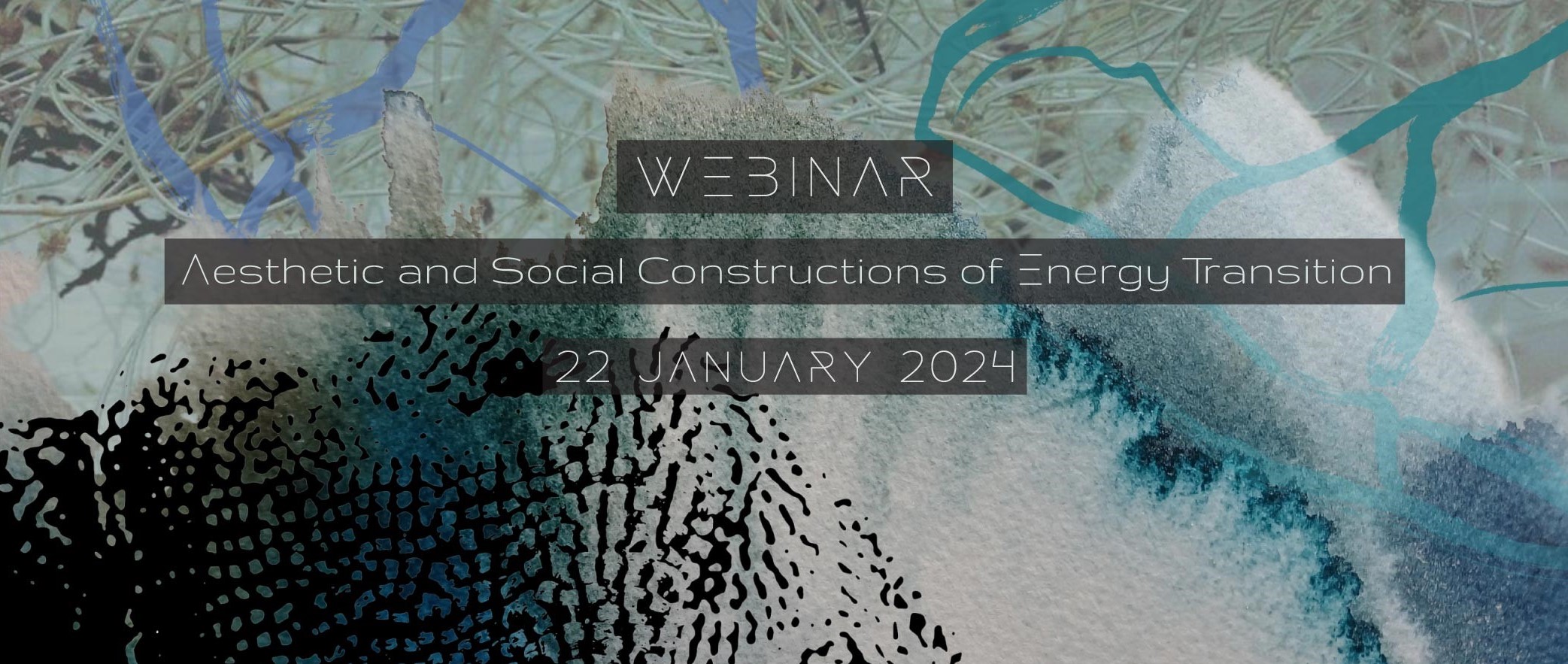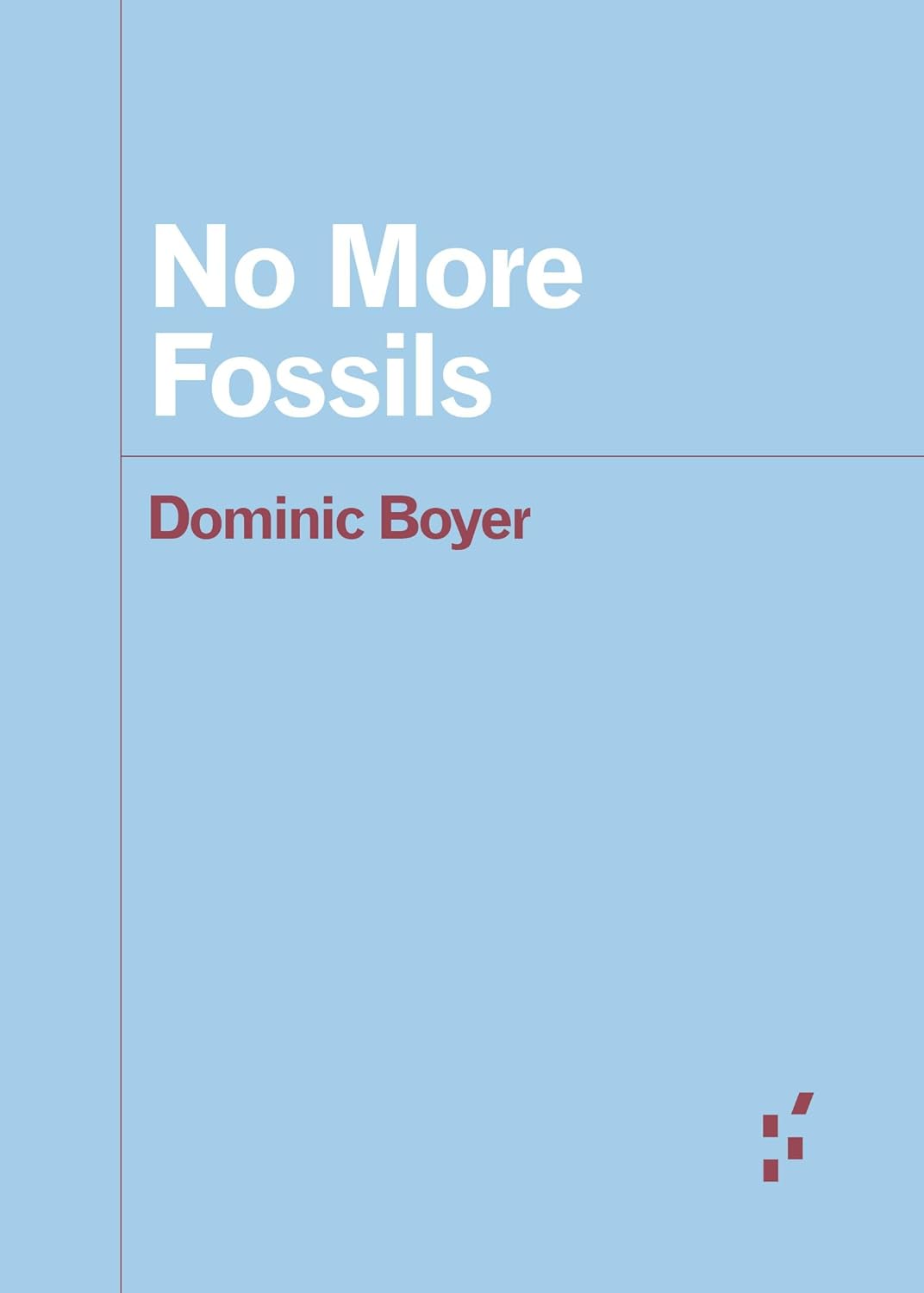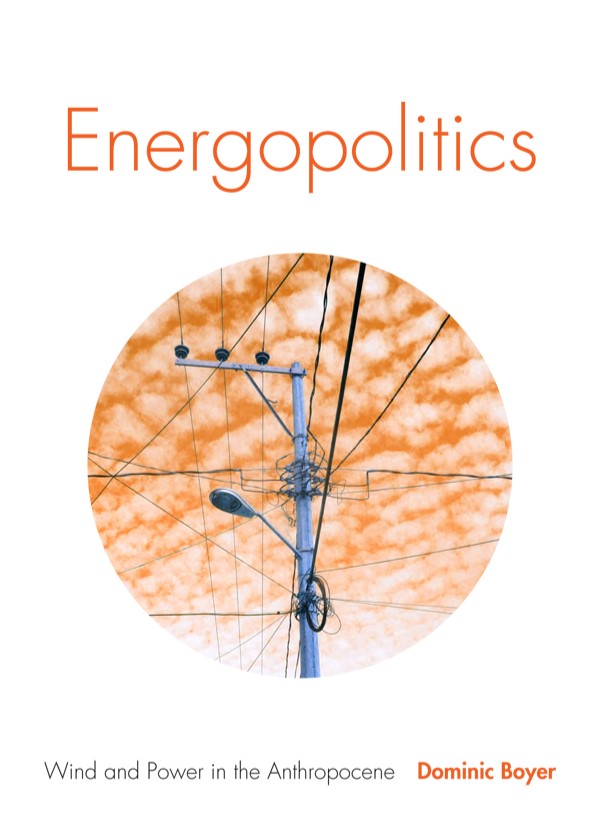

Image credit: Léna Ferrié
Aesthetic and Social Constructions of Energy Transition
22 January 2024
Image credit: Léna Ferrié
Learning to Live in 3D: Decarbonization, decoupling and degrowth
In this talk, I discuss the evolution of the high energy growth paradigm of northern modernity through the overlapping energy regimes of new world plantations (sucropolitics), machinic industrialism (carbopolitics) and plastic mobilization (petropolitics) to help identify some of the key areas of intervention for what I term “decompositional politics” (Boyer 2023). Then I turn to a discussion of three key frontlines of decompositional politics today: decarbonization (decomposing the sucro/carbo/petrostate), degrowth (decomposing habits and systems of productivity-for-its-own-sake) and decoupling, which is, in many respects, the most paradoxical and elusive of the three projects. On the face of things, decoupling seeks to emancipate high energy modernity from its burden of ecological unsustainability while promising at the same time to justly secure the pleasures and luxuries of high energy modernity for all. It sounds too good to be true and indeed recent studies cast serious doubt on the reality of decoupling economic growth from carbon emissions. Is this simply another seductive petrocultural mirage? Perhaps. But it is intriguing that some of the more persuasive degrowth proponents seem to see decoupling as a real possibility under the right circumstances. One striking consonance between decompositional and degrowth politics is the belief that a low energy modernity is not only possible but scalable and sustainable.

Format : Zoom Webinar
Date : Monday 22 January 2024
Time : 16:00 – 18:00 (GMT / London)
17:00 – 19:00 (CET / Oslo; Paris)
11:00 – 13:00 (EST / New York)
08:00 – 10:00 (PST / Los Angeles)
Cost : Free

The ASCET (Aesthetic and Social Constructions of Energy Transition) Project examines the representation of climate emergency and energy transition in arts, literature, and media, exploring the interactions between word and image, the political and cultural aims underlying different representations, and the potential legitimization of renewable energy. How do hydropower plants and wind farms alter and inform our perceptions of coastal and marine space? How are artists, writers, energy companies and governments reconfiguring their representational practices in an era of energy transition, one that engenders a markedly different temporal and cultural construction of the space we live in? In particular, ASCET aims to:
- promote an aesthetic transition that would facilitate energy transition at the local, national, and international levels
- theorise aestheticized perceptions that can collapse the Manichean dichotomization of ‘good’ and ‘bad’ technologies, progress and stagnation, technophobia and techno-utopianism
- design and disseminate educational resources and open science materials














